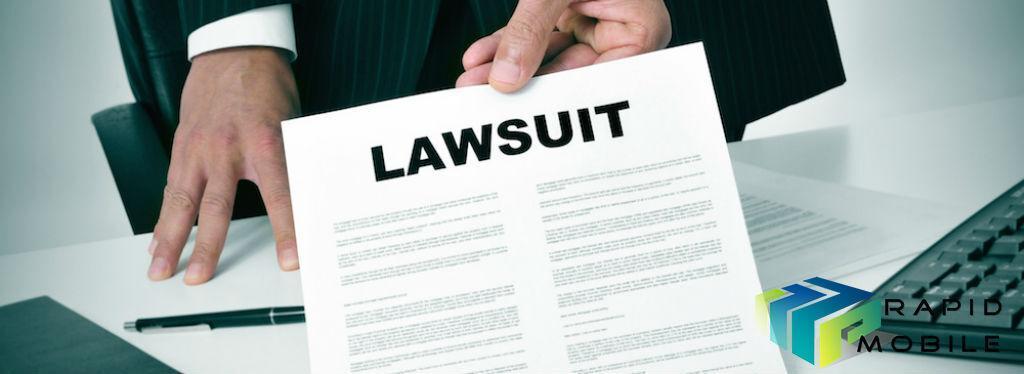Apple has agreed to pay $95 million in cash to settle a lawsuit that alleges the company recorded private conversations from people who used its voice assistant Siri without their consent.
Apple was sued in 2019 for allegedly violating users’ privacy after the Guardian reported that contractors hired by the company to review Siri’s responses to prompts heard recordings that included medical information, drug deals and couples having sex.
Apple apologized that year for the privacy breaches following consumer complaints and said it would no longer retain recordings of users’ exchanges with Siri.
In court filings, however, the company denied having overstepped users’ rights, writing that “Apple denies all of the allegations made in the lawsuit and denies that Apple did anything improper or unlawful.”
The allegations underscore problems tech companies are facing as people become increasingly reliant on voice assistants to answer questions, set alarms and find directions.
Filed on Tuesday in a federal court in California, the preliminary settlement also requires Apple to confirm that it permanently deleted Siri audio recordings collected before October 2019 and to publish a webpage that explains how users can opt in to improve Siri and what information Apple collects.
Tens of millions of Apple users could be eligible for money from the settlement by submitting claims for up to five devices that include Siri in which the voice assistant was unintentionally activated from Sept. 17, 2014, to Dec. 31, 2024, during a private or confidential conversation.
The money received depends on how many valid claims are filed, according to the settlement.
Plaintiffs in the case estimated total damages to the class exceeded $1.5 billion, but they agreed to settle the lawsuit because obtaining “the total damages at trial would be a challenge, given Apple’s denial of liability,” the settlement said.
The settlement is pending approval from U.S. District Judge Jeffrey White.



